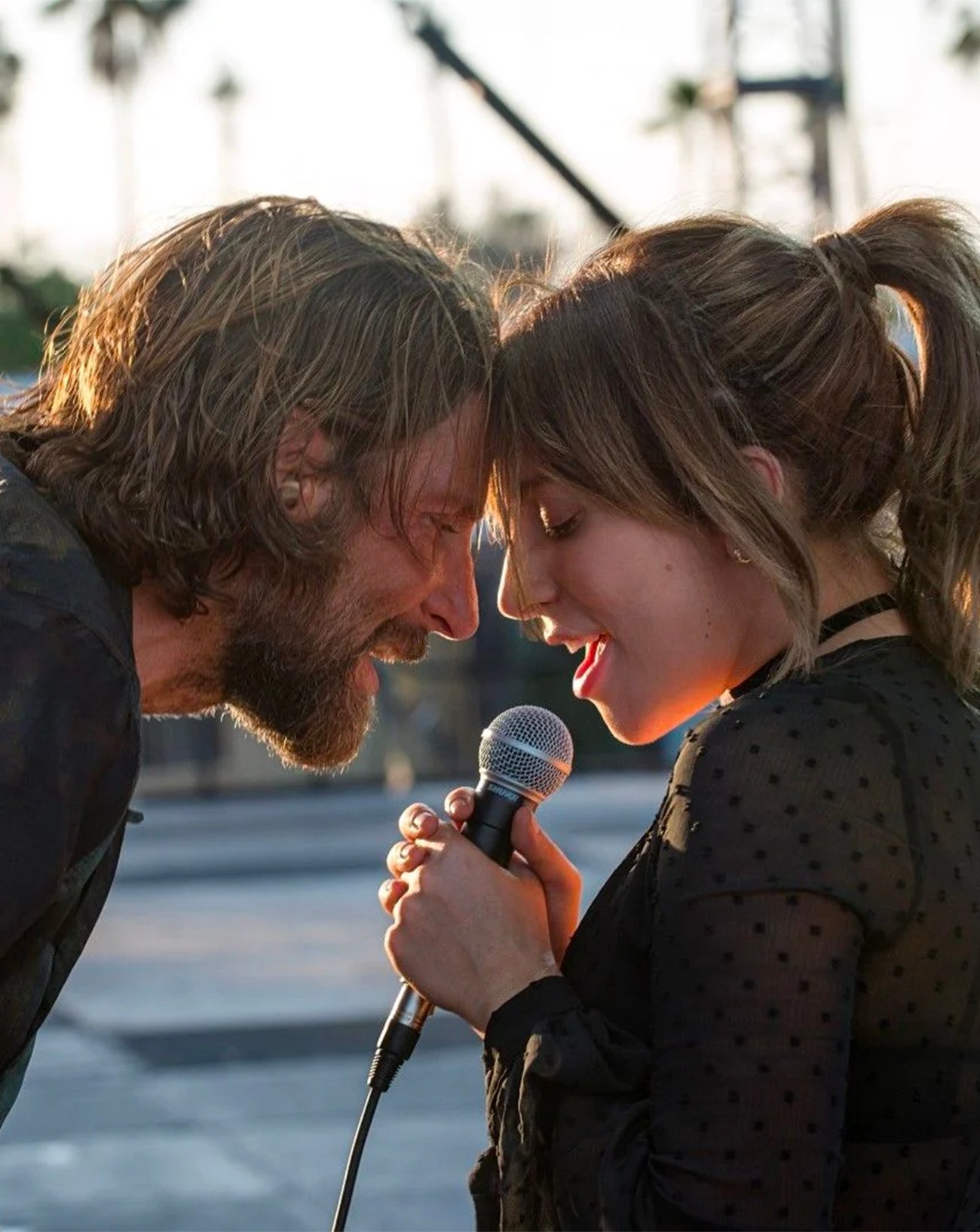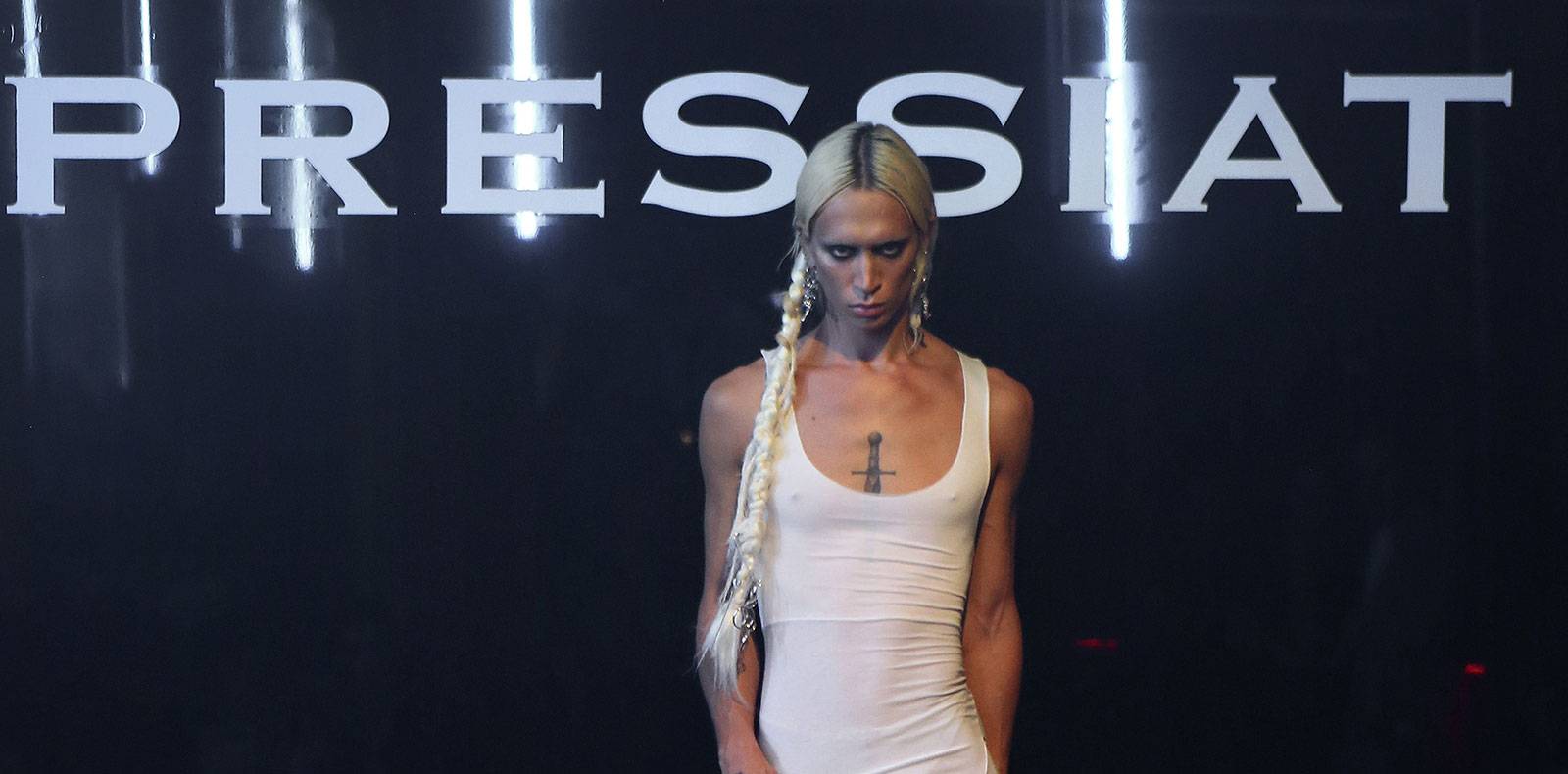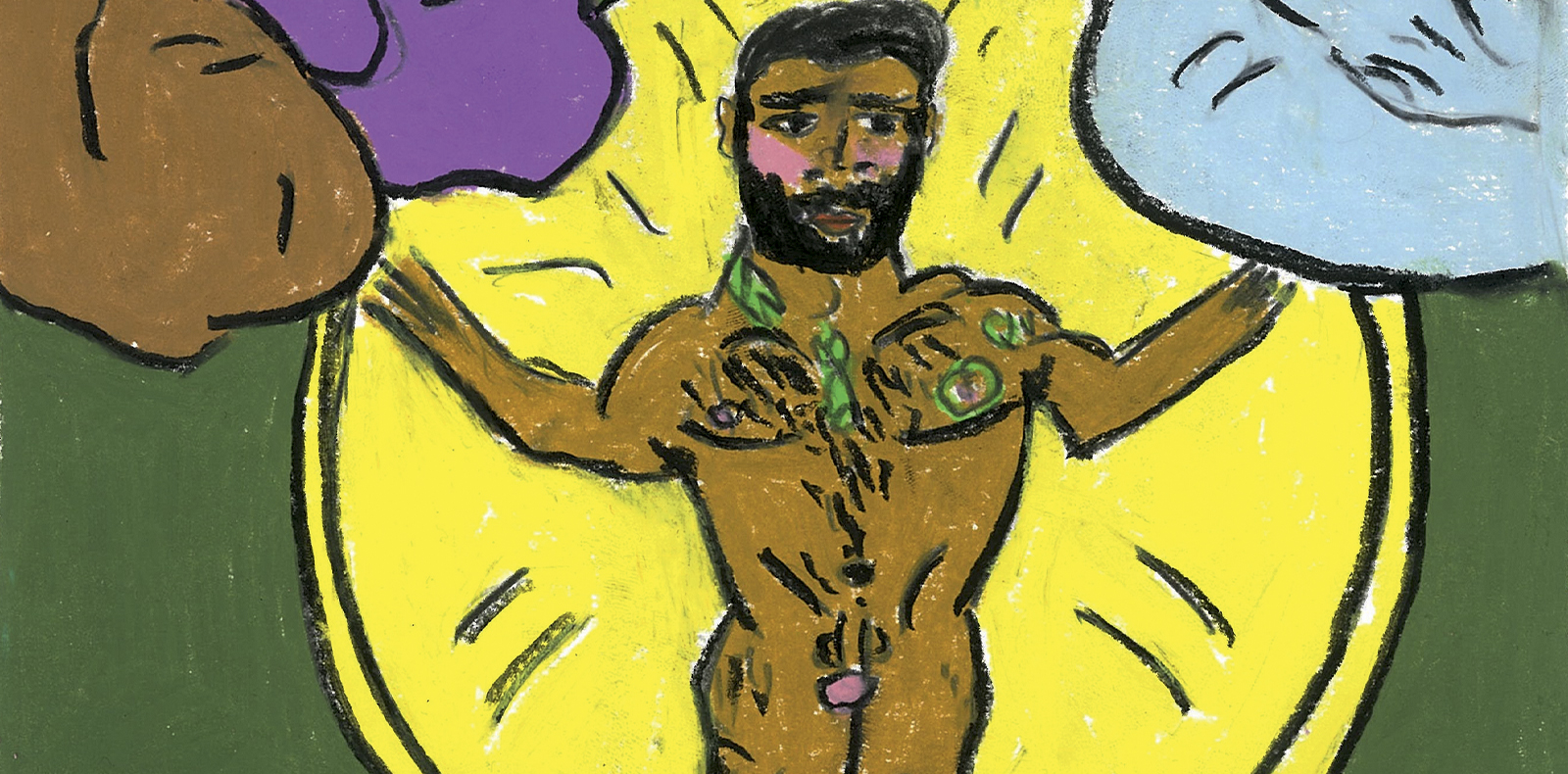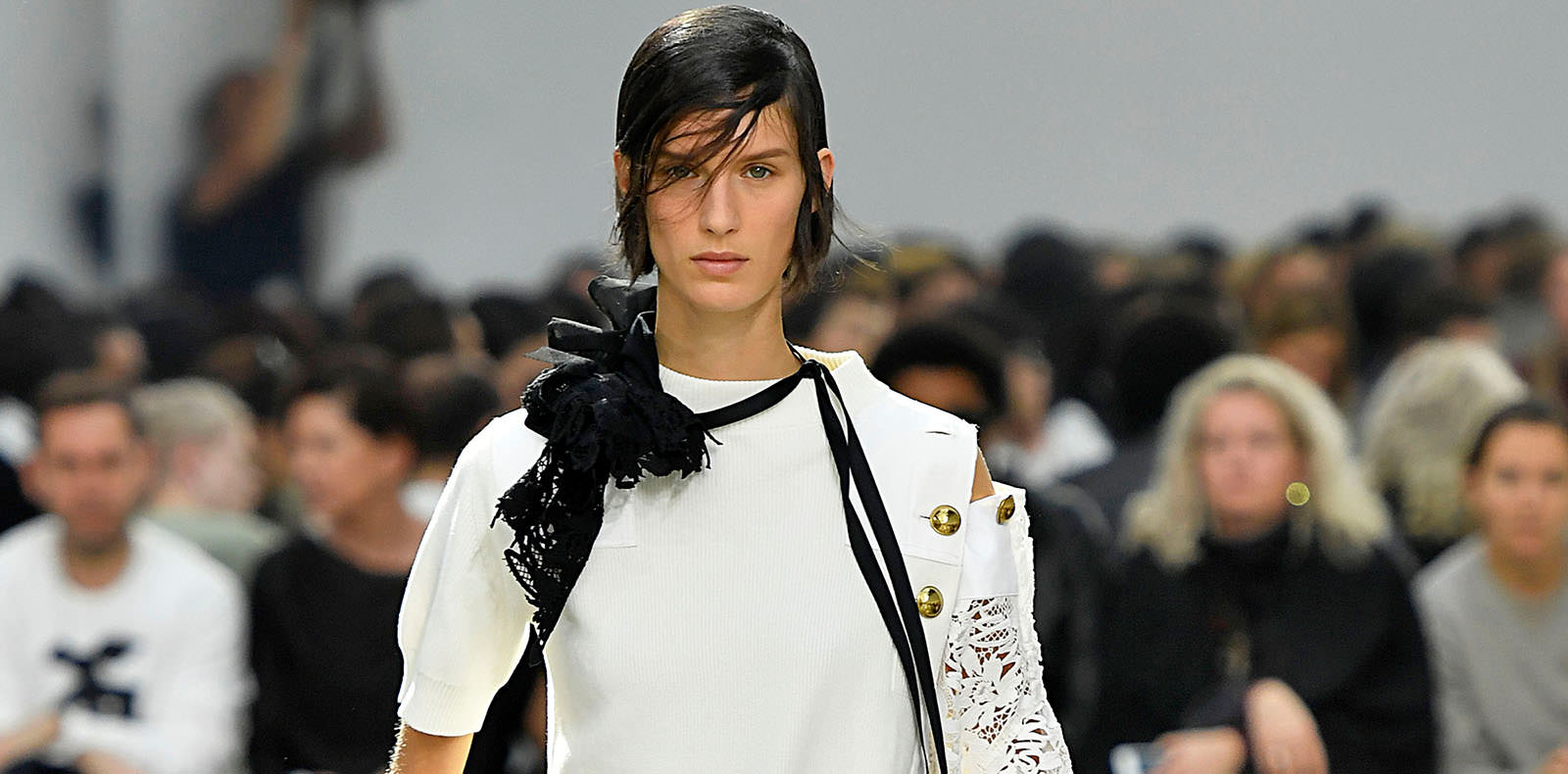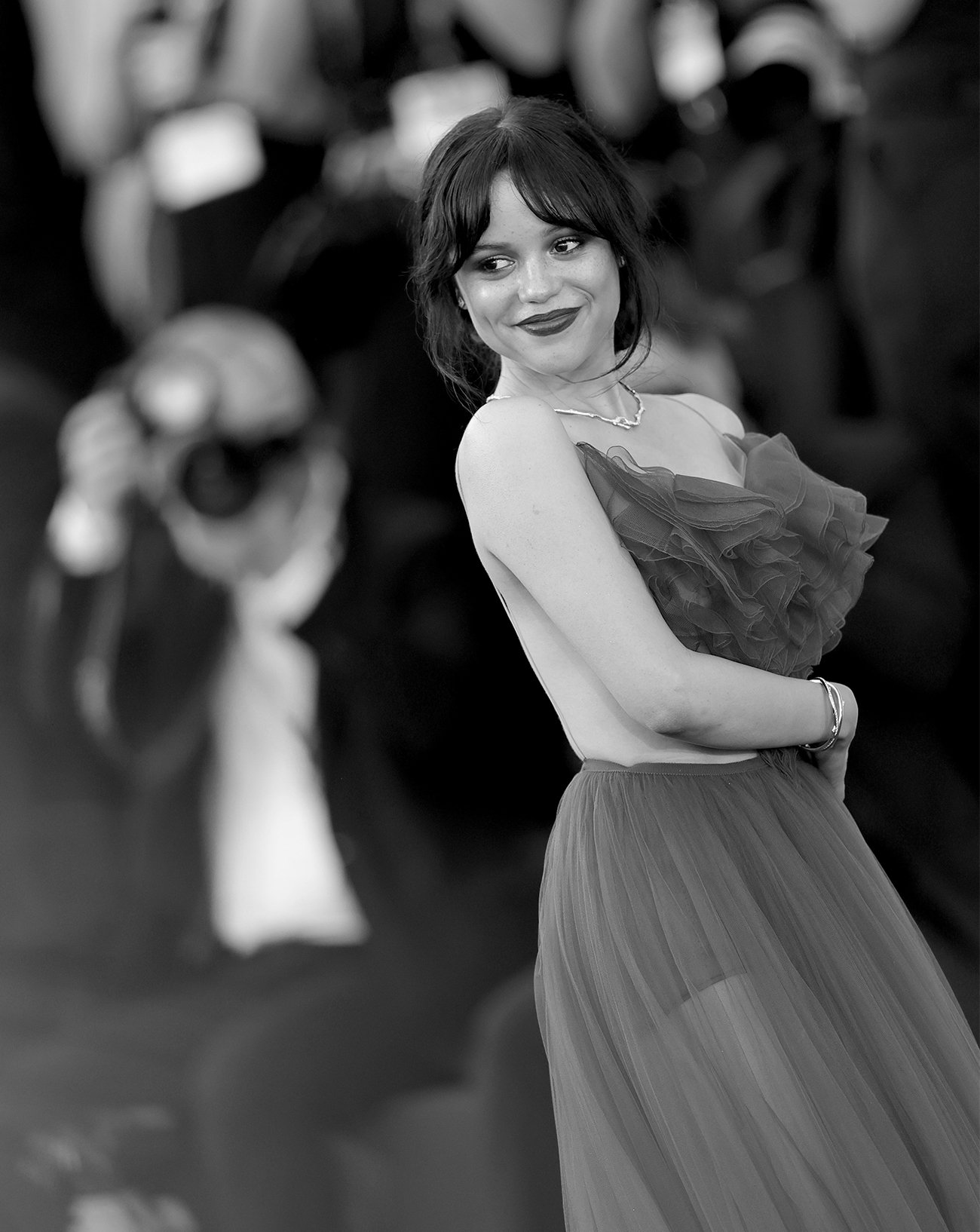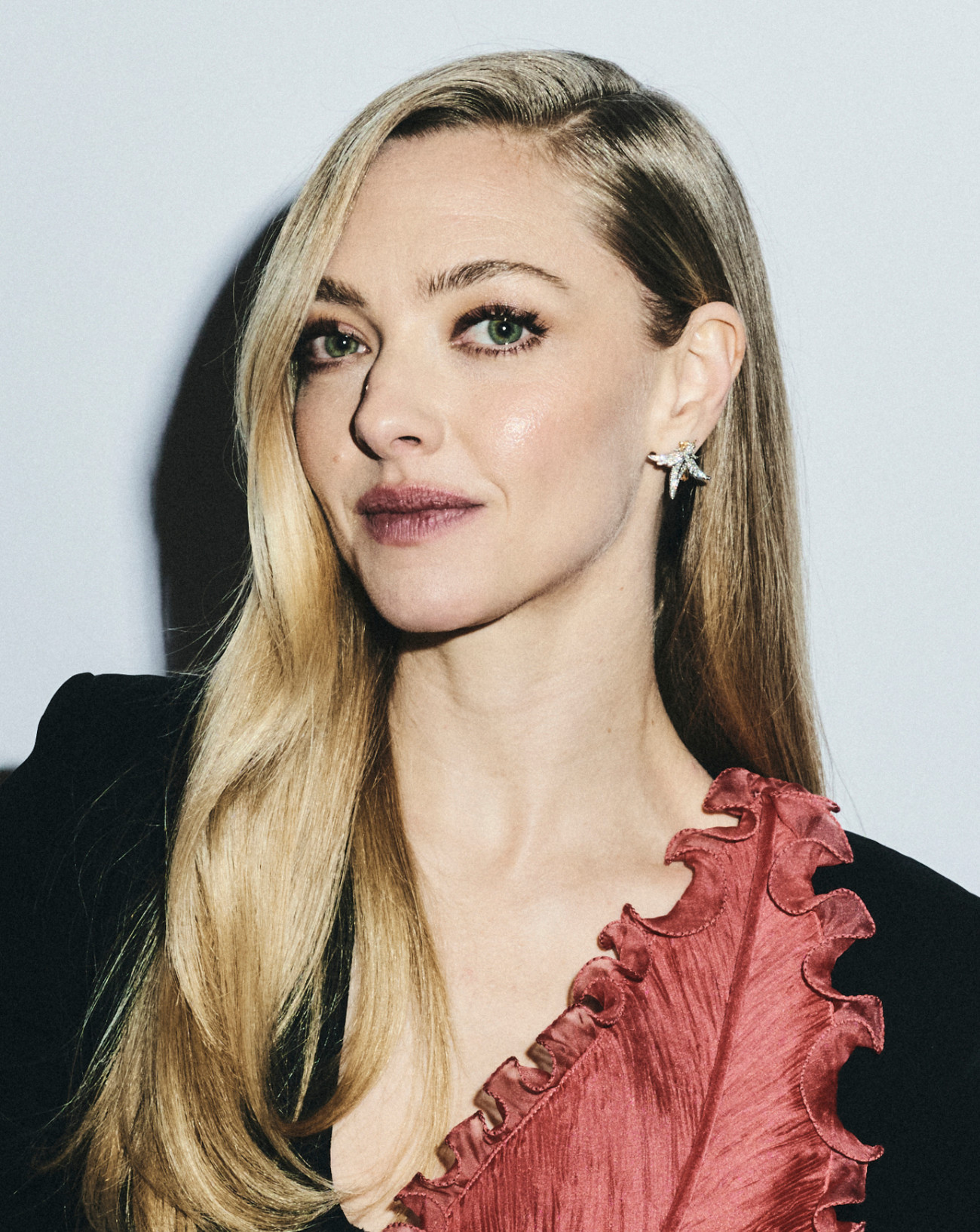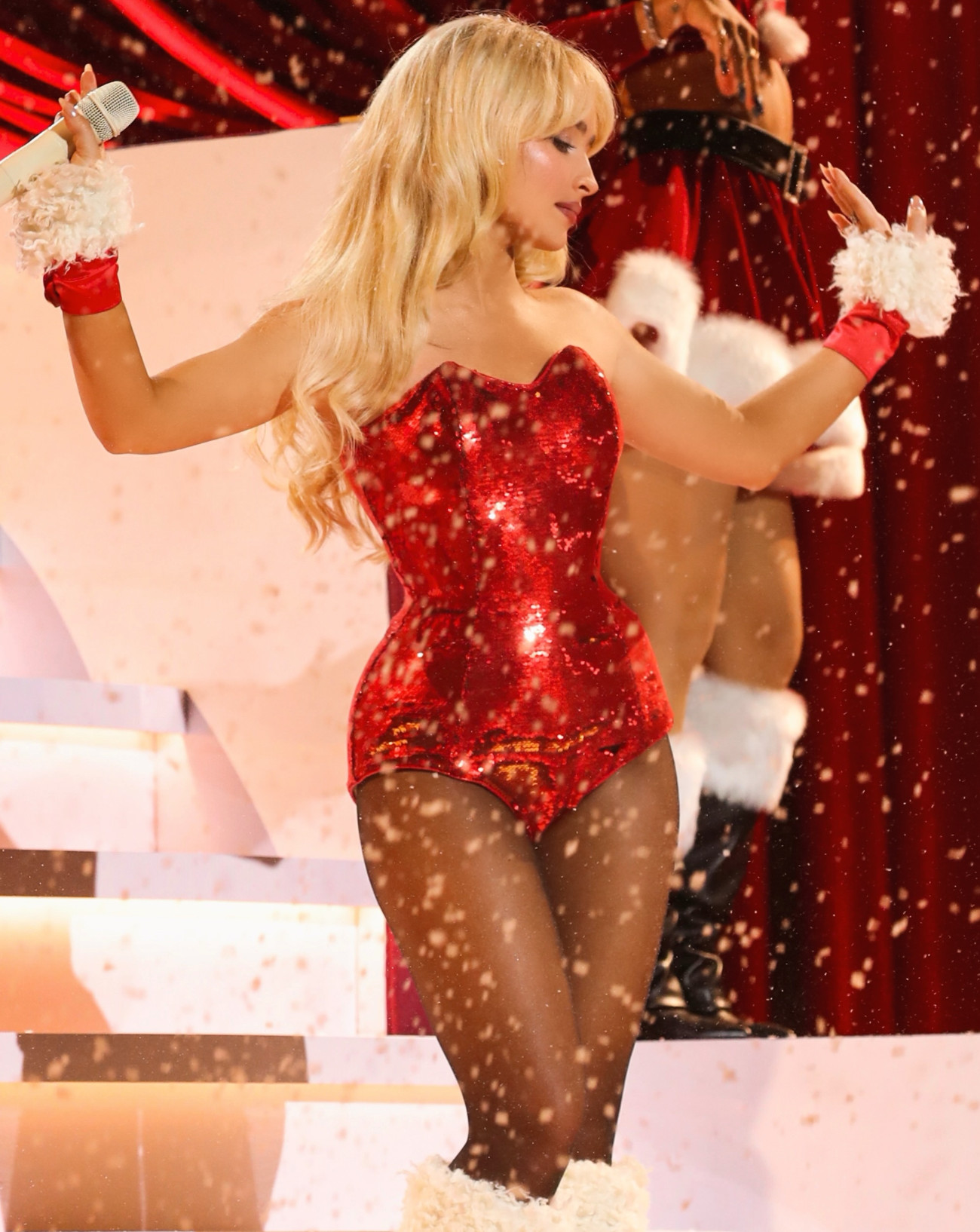
2
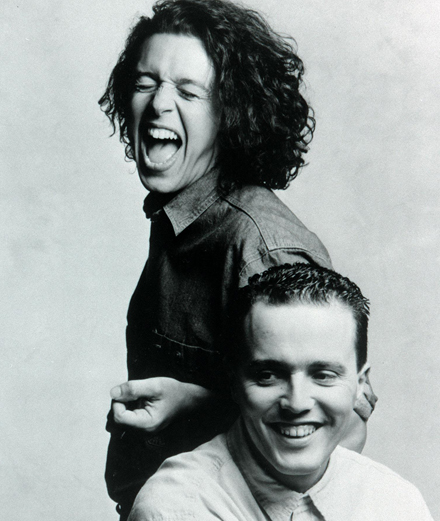
2
The new wave explosion of Tears for Fears
With six studio albums and more than 30 million records sold, Roland Orzabal and Curt Smith, founders of Tears for Fears, ruled the new wave of the 1980s. This summer, the two musicians are touring all over Europe, including 3 dates in the UK on July 26 (in York), July 27 (in Durham) and July 28 (in Colchester).
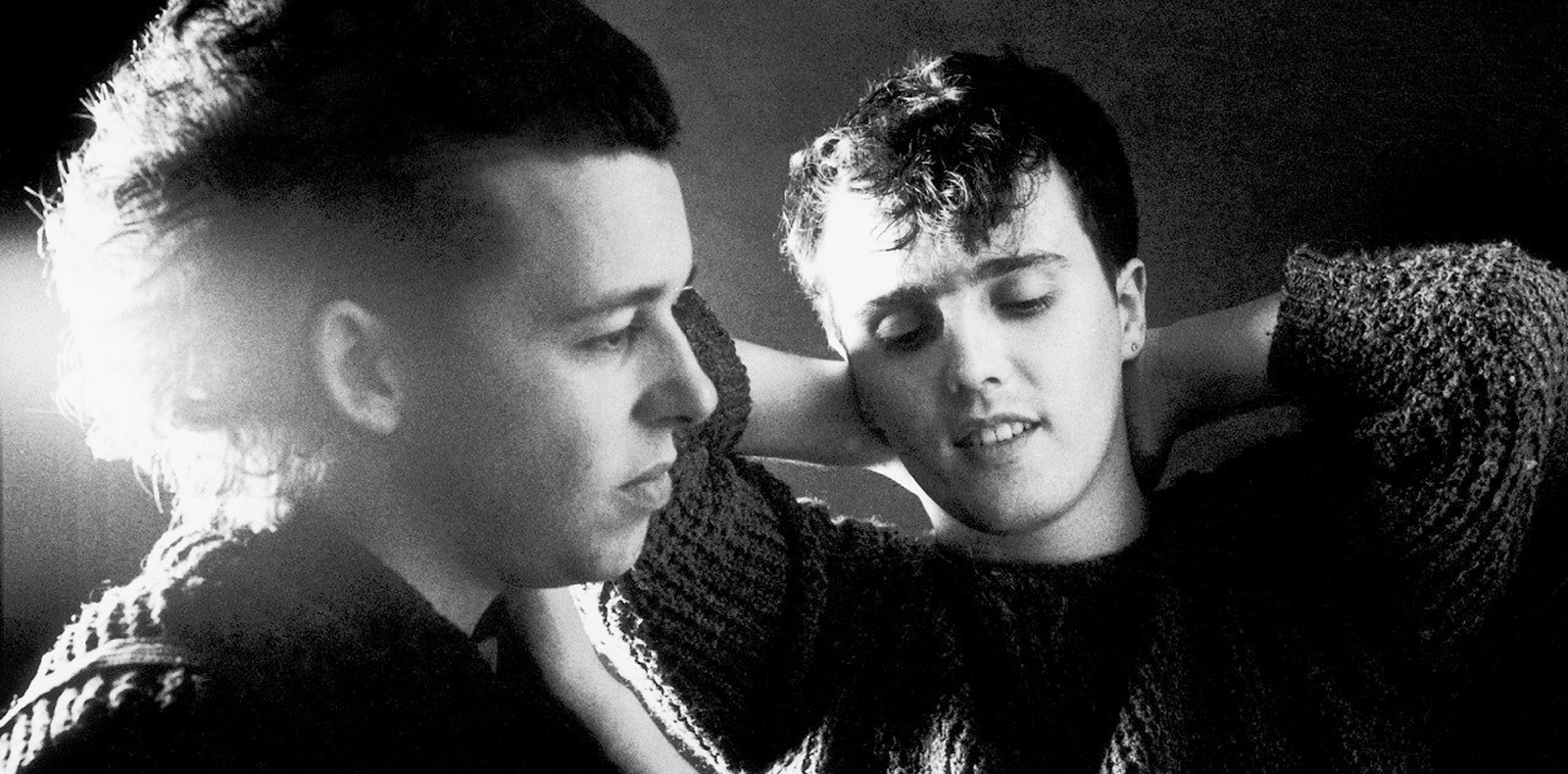
Why bother prospecting on Spotify, perusing YouTube or skimming the airwaves in search of the latest musical nugget when you can rely on a safe bet? While the sounds of the eighties seem today to be a prerogative of a young French scene struggling to be inventive, their originators are far from beaten: after a triumphant concert in 2019, Tears For Fears, a band started in 1981, set fire to the Beauregard Festival this weekend.
Anyone who’s seen Gilles Lellouche’s most recent comedy Sink or Swim, a humoristic portrayal of a group of depressives in the world of synchronised swimming, would have noticed it: Everybody Wants to Rule the World, Tears For Fears’ big hit, that opened the movie, has lost none of its effectiveness. Already in 2001, director Richard Kelly illustrated his sombre Donnie Darko with Head Over Heels, another track by the British band from 1985. With six studio albums and more than 30 million records sold, Roland Orzabal and Curt Smith, who founded the band in 1981, ruled the new wave of the 1980s. But unlike the actors directed by Gilles Lellouche, these two dived into a pool of pop synthesisers.
Tears for Fears attack on the music world began in 1982 with Mad World, the track that stormed the UK top 40 and went right to number 1. Covered by the artist Gary Jules in the early 2000s, the song was inspired by theories of the American psychologist Arthur Janov, and most notably his “primal therapy” of 1967 which sought to treat neurosis… Layers of synthesisers, reverberating guitar chords and melodies played on keyboards that are both excessive and recognisable… Tears for Fears was the new wave group par excellence – a music genre whose name was inspired by the cinematic Nouvelle Vague of the 1950s – a tormented experimental repost, psychedelic and sometimes dark in a post punk way, itself a successor of authentic punk of the 1970s. In 2019, these outstanding musicians are back on stage at several festivals around Europe. They’ll be playing their most successful songs including Shout alongside brand new tracks I Love You But I’m Lost and Stay, their first new compositions since 2004.






